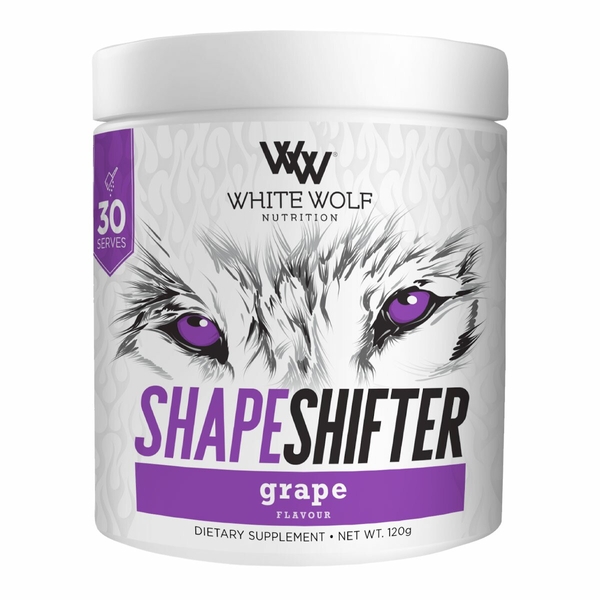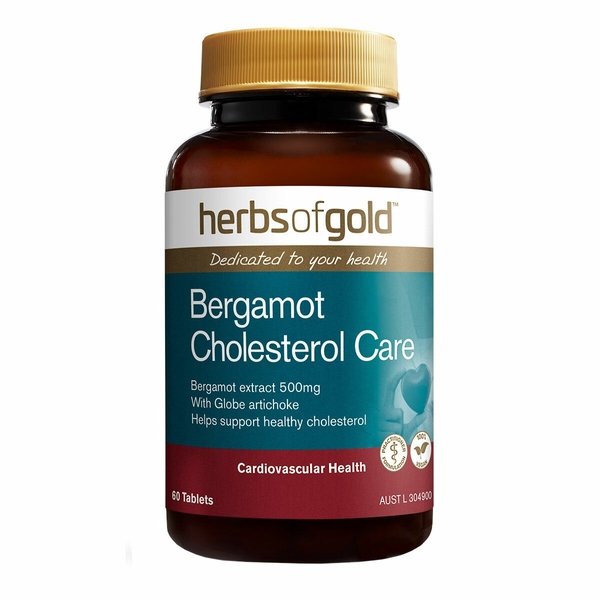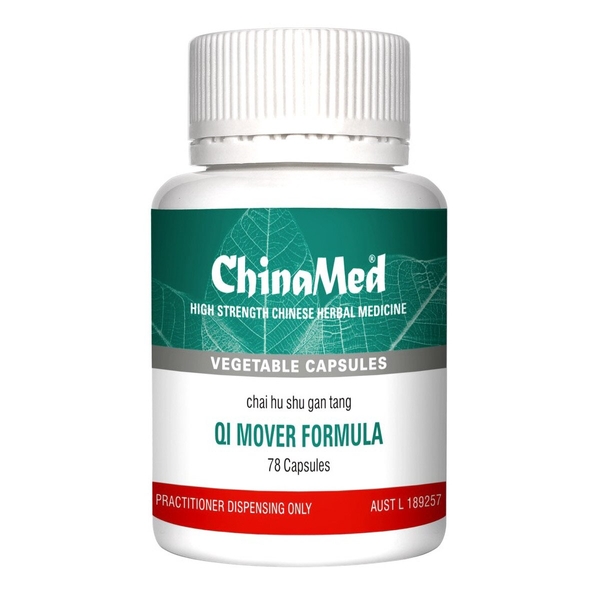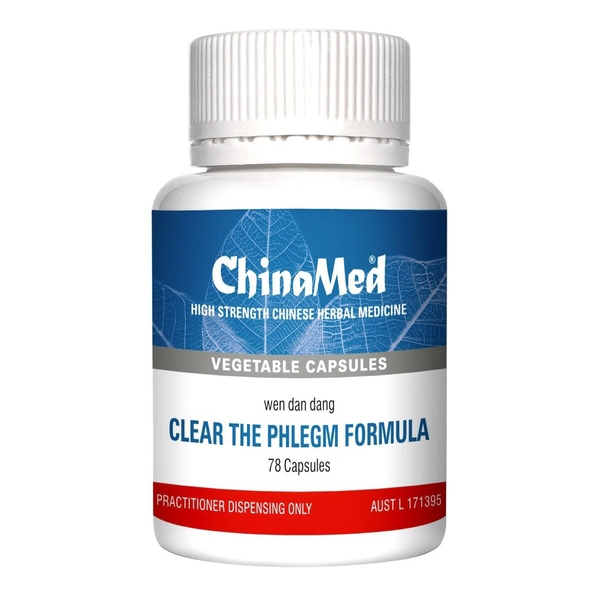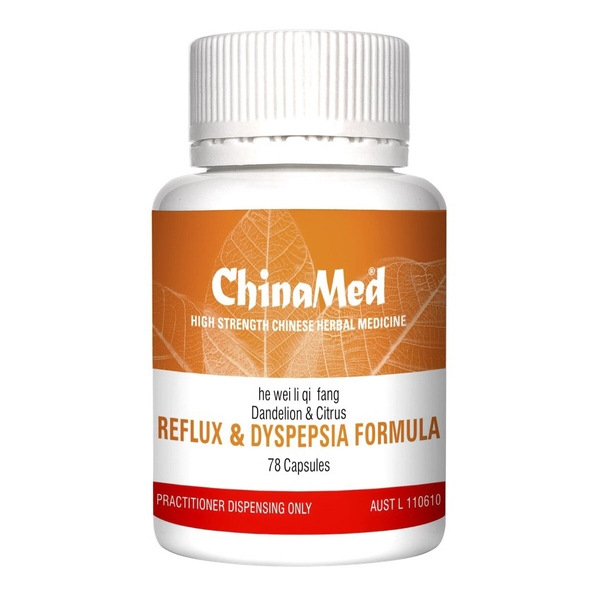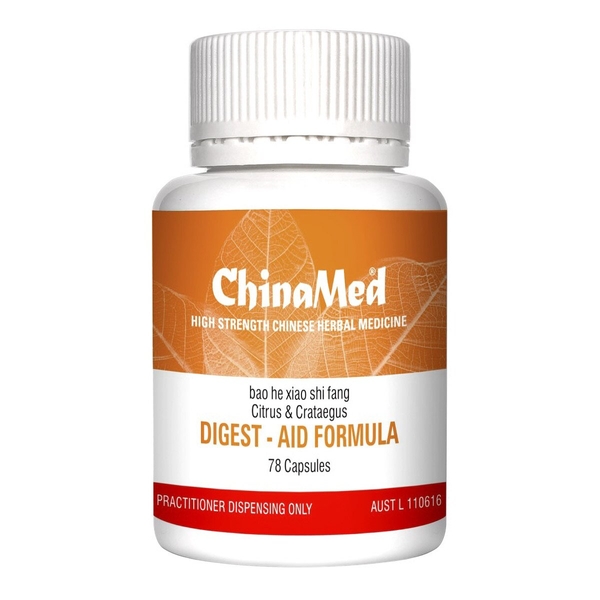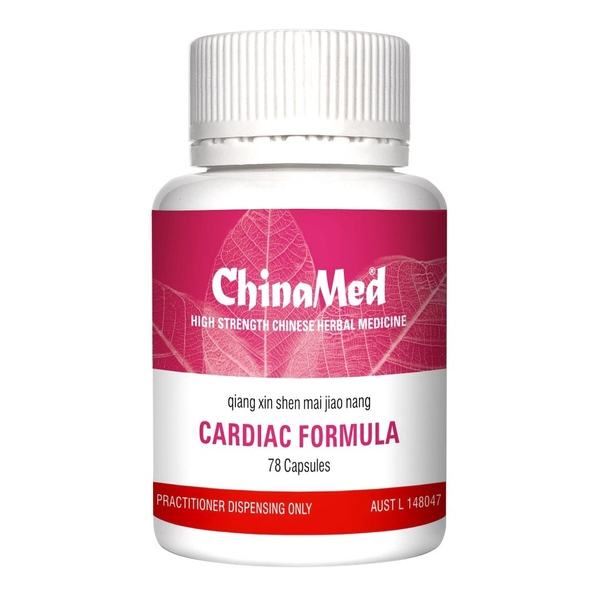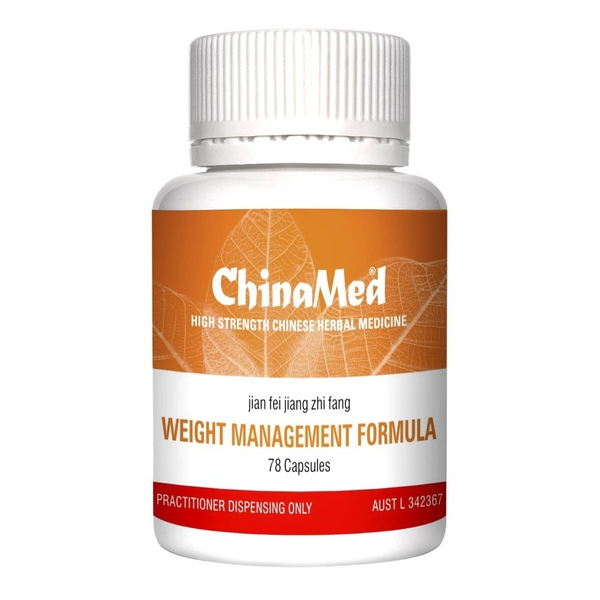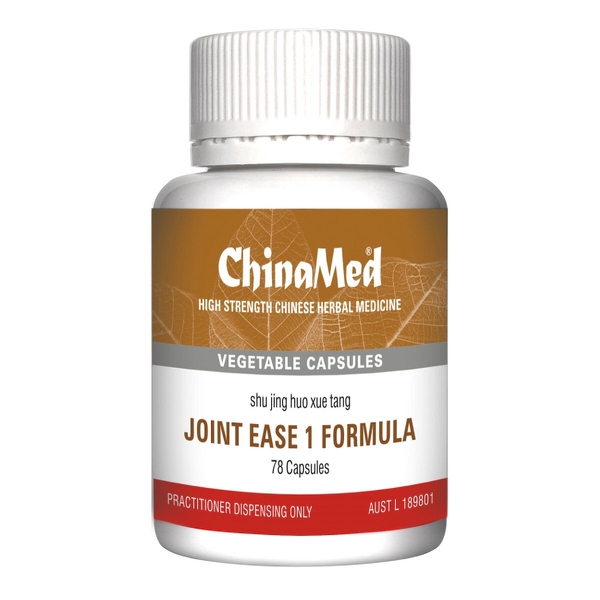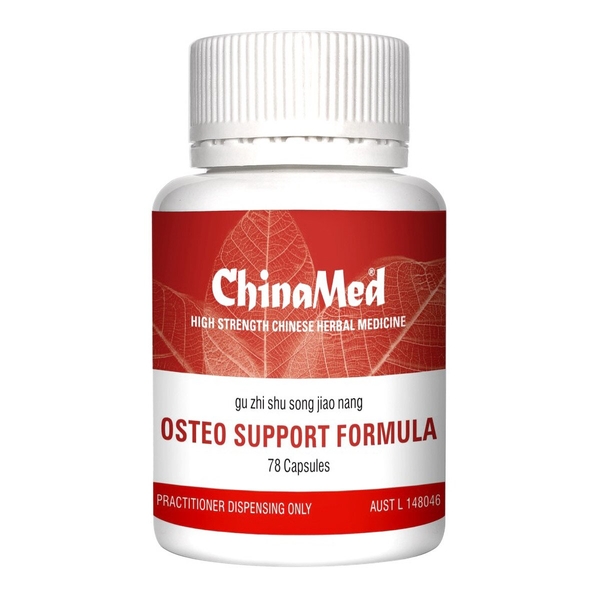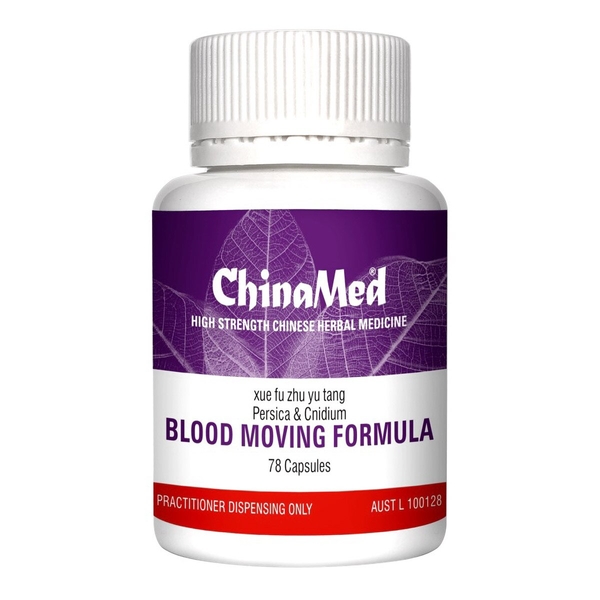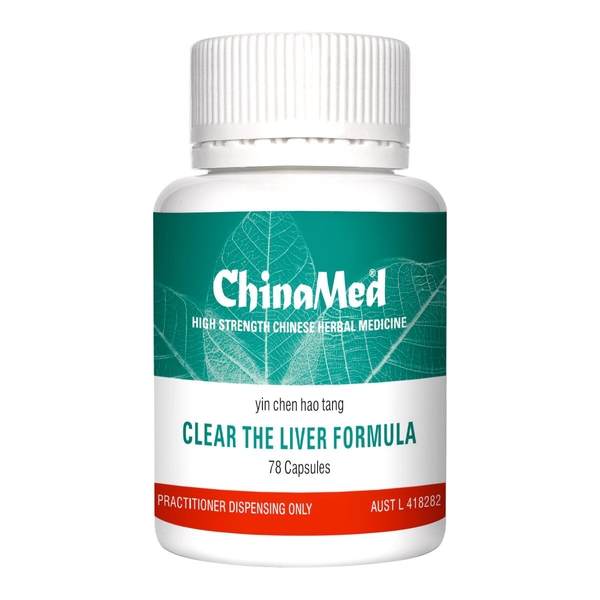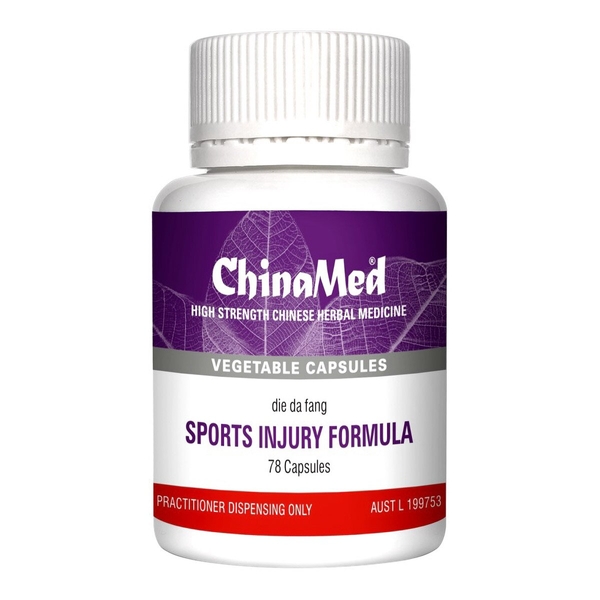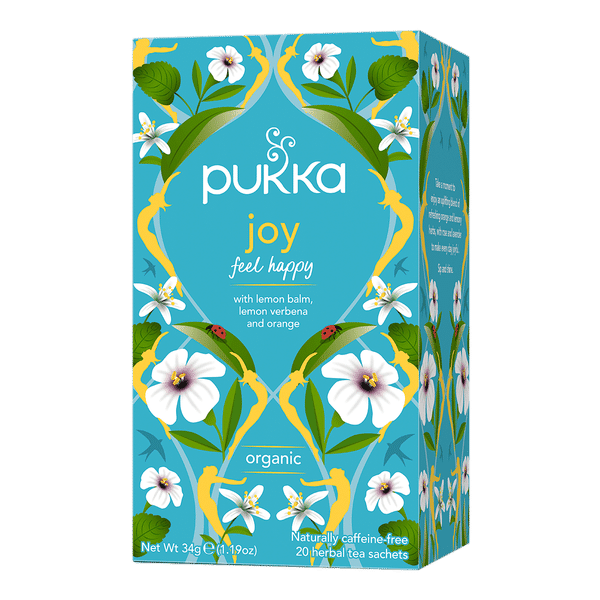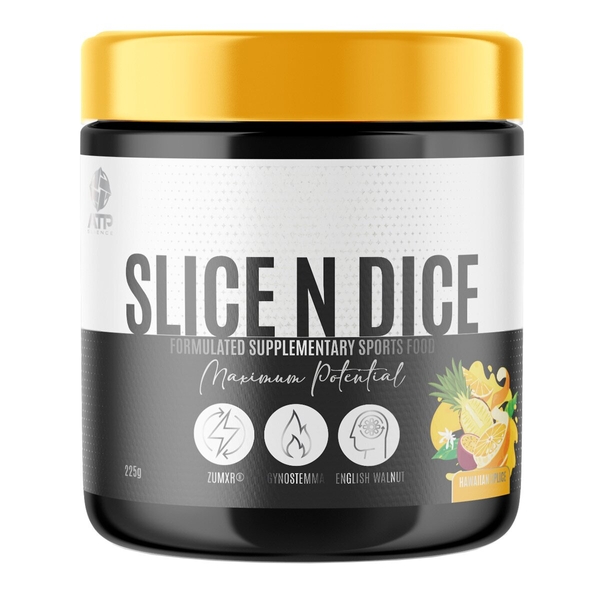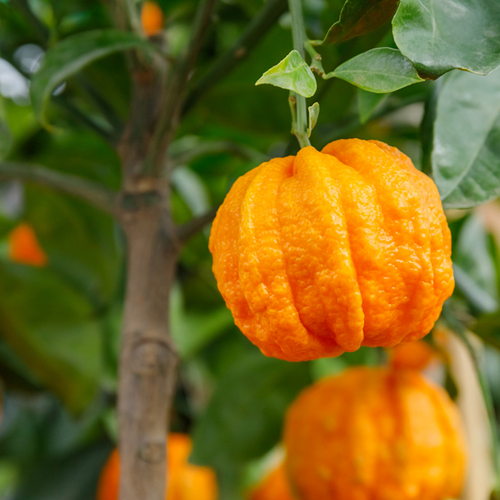
Background
In 2004, the FDA banned ephedra due to serious effects on the heart. Since then, many weight loss and bodybuilding products have used bitter orange and caffeine in its place. Bitter orange contains many chemicals that affect the nervous system. These chemicals might cause heart problems in healthy adults.
Bitter orange is used for obesity, athletic performance, and many other purposes, but there is no good scientific evidence to support its use.
Bitter orange (synephrine) is considered a banned substance by the National Collegiate Athletic Association (NCAA). Don't confuse bitter orange with other orange species such as sweet orange and bergamot.
Safety Safety definitions
When applied to the skin: Bitter orange essential oil is possibly safe. The oil can cause sensitivity to the sun. Wear sunblock outside, especially if you are light-skinned.
When inhaled: Bitter orange essential oil is possibly safe when inhaled as aromatherapy.
Special Precautions & Warnings:
Pregnancy: Bitter orange is likely safe when eaten in the amounts found in food. But it is possibly unsafe when taken by mouth in medicinal amounts. Stay on the safe side and stick to food amounts during pregnancy.Breast-feeding: There isn't enough reliable information to know if bitter orange is safe to use when breast-feeding. Stay on the safe side and avoid use.
Headache: Taking bitter orange might trigger headaches, including migraines and cluster headaches.
High blood pressure: Taking bitter orange, especially together with caffeine, might increase blood pressure in healthy people. Avoid using bitter orange, especially in combination with stimulants such as caffeine, if you have high blood pressure.
Glaucoma: Bitter orange might worsen glaucoma. Avoid using it if you have this condition.
Heart disease: Taking bitter orange, especially together with caffeine or other stimulants, might increase the risk of serious side effects in people with a particular heart problem called "long QT interval syndrome".
Irregular heartbeat (heart arrhythmia): Taking bitter orange, especially together with caffeine, can increase heart rate in healthy people. Avoid using bitter orange, especially with stimulants such as caffeine, if you have an irregular heartbeat.
Surgery: Bitter orange acts like a stimulant, so it might interfere with surgery by increasing heart rate and blood pressure. Stop taking bitter orange at least 2 weeks before a scheduled surgery.
Effectiveness
Dosing & administration
Interactions with pharmaceuticals
Caffeine
Interaction Rating=Moderate Be cautious with this combination.
Bitter orange is a stimulant. Caffeine is also a stimulant. Taking these products together can increase blood pressure and cause the heart to beat rapidly. This can cause serious adverse effects such as heart attack and stroke.
Colchicine
Interaction Rating=Moderate Be cautious with this combination.
Bitter orange might affect levels of colchicine. Using colchicine with bitter orange may reduce the benefits or increase the side effects of colchicine.
Dextromethorphan (Robitussin DM, and others)
Interaction Rating=Moderate Be cautious with this combination.
Bitter orange might decrease how quickly the liver breaks down dextromethorphan. Taking bitter orange along with dextromethorphan might increase the effects and side effects of dextromethorphan such as nervousness, drowsiness, and others.
Felodipine (Plendil)
Interaction Rating=Moderate Be cautious with this combination.
The liver breaks down felodipine to get rid of it. Bitter orange might decrease how quickly the liver gets rid of felodipine. Taking bitter orange along with felodipine might increase the effects and side effects of felodipine.
Indinavir (Crixivan)
Interaction Rating=Moderate Be cautious with this combination.
The liver breaks down indinavir to get rid of it. Bitter orange might decrease how quickly the liver breaks down indinavir. Taking bitter orange along with indinavir might increase the effects and side effects of indinavir.
Medications changed by the liver (Cytochrome P450 2D6 (CYP2D6) substrates)
Interaction Rating=Minor Be watchful with this combination.
Some medications are changed and broken down by the liver. Bitter orange might change how quickly the liver breaks down these medications. This could change the effects and side effects of these medications.
Medications changed by the liver (Cytochrome P450 3A4 (CYP3A4) substrates)
Interaction Rating=Moderate Be cautious with this combination.
Some medications are changed and broken down by the liver. Bitter orange might change how quickly the liver breaks down these medications. This could change the effects and side effects of these medications.
Medications for depression (MAOIs)
Interaction Rating=Major Do not take this combination.
Bitter orange contains chemicals that stimulate the body. Some medications used for depression can increase these chemicals. Taking bitter orange with these medications might cause serious side effects including very fast heartbeat and very high blood pressure.
Some common MAOIs include phenelzine (Nardil), selegiline (Zelapar), and tranylcypromine (Parnate).
Medications for diabetes (Antidiabetes drugs)
Interaction Rating=Moderate Be cautious with this combination.
Bitter orange might lower blood sugar levels. Taking bitter orange along with diabetes medications might cause blood sugar to drop too low. Monitor your blood sugar closely.
Medications that can cause an irregular heartbeat (QT interval-prolonging drugs)
Interaction Rating=Moderate Be cautious with this combination.
Bitter orange might affect electrical currents in the heart. This can increase the risk of having an irregular heartbeat. Some medications can have this same effect. Taking bitter orange with these medications might increase the risk for a serious heart issue.
Midazolam (Versed)
Interaction Rating=Major Do not take this combination.
Bitter orange can decrease how quickly the body breaks down midazolam. Taking bitter orange along with midazolam might increase the effects and side effects of midazolam.
Sildenafil (Viagra)
Interaction Rating=Moderate Be cautious with this combination.
The body breaks down sildenafil to get rid of it. Bitter orange can decrease how quickly the body breaks down sildenafil. Taking bitter orange along with sildenafil might increase the effects and side effects of sildenafil.
Stimulant drugs
Interaction Rating=Moderate Be cautious with this combination.
Stimulants, such as amphetamines and cocaine, speed up the nervous system. By speeding up the nervous system, stimulant medications can increase blood pressure and speed up the heartbeat. Bitter orange might also speed up the nervous system. Taking bitter orange along with stimulant drugs might cause serious problems including increased heart rate and high blood pressure.
Interactions with herbs & supplements
Herbs and supplements that might lower blood sugar: Bitter orange might lower blood sugar. Taking it with other supplements with similar effects might lower blood sugar too much. Examples of supplements with this effect include aloe, bitter melon, cassia cinnamon, chromium, and prickly pear cactus.
Herbs and supplements with stimulant properties: Bitter orange might have stimulant effects. Taking it with other supplements with similar effects might increase the chance of side effects, including rapid heartbeat and high blood pressure. Examples of supplements with this effect include 1,3-DMAA, caffeine-containing products, DMHA, and ephedra.
Interactions with foods
Products
View all products- Citrus aurantium (Bitter orange) 60 mg equiv. synephrine 30 mg
- Camellia sinensis 200 mg
- Coffea canephora 150 mg
- Theobroma cacao 50 mg
- Gamma-Butyrobetaine (GBB) 50 mg
- Polyphenolic fulvic minerals 10 mg
- Acetyl L-carnitine (Acetyl-L-carnitine) 1 g
- Carnitine tartrate 500 mg
- L-tyrosine 500 mg
- Aframomum melegueta 25 mg
- Chromium picolinate 200 µg
- Natural flavours
- Malic acid
- Stevia rebaubiana
- Citrus aurantium (Zhi Ke) ext. 33.58 mg
- Taraxacum mongolicum ext. 55.97 mg
- Citrus medica ext. 33.58 mg
- Bupleurum falcatum ext. 33.58 mg
- Paeonia lactiflora ext. 33.58 mg
- Ziziphus jujuba ext. 33.58 mg
- Phyllostachys nigra ext. 33.58 mg
- Citrus reticulata ext. 18.66 mg
- Tetradium ruticarpum ext. 11.19 mg
- Coptis chinensis ext. 11.19 mg
- Citrus aurantium (Zhi Ke) ext. 29.85 mg
- Crataegus pinnatifida ext. 53.73 mg
- Hordeum vulgare ext. 35.82 mg
- Poria cocos ext. 35.82 mg
- Atractylodes macrocephala ext. 29.85 mg
- Pinellia ternata ext. 29.85 mg
- Raphanus sativus ext. 29.85 mg
- Forsythia suspensa ext. 17.91 mg
- Citrus reticulata ext. 17.91 mg
- Amomum villosum ext. 17.91 mg
- Citrus aurantium (Zhi Ke) ext. 27.99 mg
- Panax ginseng ext. 37.32 mg
- Ophiopogon japonicus ext. 37.32 mg
- Salvia miltiorrhiza ext. 37.32 mg
- Curcuma longa ext. 27.99 mg
- Schisandra chinensis ext. 27.99 mg
- Trichosanthes kirilowii ext. 27.99 mg
- Pinellia ternata ext. 27.99 mg
- Allium macrostemon ext. 18.63 mg
- Cinnamomum cassia ext. 13.95 mg
- Santalum album ext. 15.51 mg
- Citrus aurantium (Zhi Ke) ext. 26.7 mg
- Astragalus membranaceus ext. 26.7 mg
- Crataegus pinnatifida ext. 26.7 mg
- Gynostemma pentaphyllum ext. 33.3 mg
- Codonopsis pilosula ext. 20.1 mg
- Atractylodes macrocephala ext. 20.1 mg
- Nelumbo nucifera ext. 20.1 mg
- Pinellia ternata ext. 20.1 mg
- Poria cocos ext. 20.1 mg
- Alisma plantago aquatica ext. 20.1 mg
- Morus alba ext. 20.1 mg
- Senna tora ext. 20.1 mg
- Citrus reticulata ext. 12.9 mg
- Ziziphus jujuba ext. 12.9 mg
- Citrus aurantium (Zhi Ke) ext. 22.2 mg
- Paeonia veitchii ext. 22.2 mg
- Rehmannia glutinosa ext. 22.2 mg
- Cyathula officinalis ext. 22.2 mg
- Poria cocos ext. 22.2 mg
- Ligusticum striatum ext. 22.2 mg
- Atractylodes lancea ext. 22.2 mg
- Gentiana macrophylla ext. 22.2 mg
- Glycyrrhiza uralensis ext. 11.4 mg
- Angelica polymorpha ext. 22.2 mg
- Carthamus tinctorius ext. 22.2 mg
- Corydalis turtschaninovii ext. 22.2 mg
- Loranthus parasiticus ext. 22.2 mg
- Citrus aurantium (Zhi Ke) ext. 21.96 mg
- Rehmannia glutinosa ext. 36.6 mg
- Eucommia ulmoides ext. 29.28 mg
- Cullen corylifolium ext. 29.28 mg
- Achyranthes bidentata ext. 29.28 mg
- Dipsacus asper ext. 21.96 mg
- Epimedium brevicornum ext. 21.96 mg
- Angelica polymorpha ext. 21.96 mg
- Lycium barbarum ext. 21.96 mg
- Paeonia veitchii ext. 21.96 mg
- Spatholobus suberectus ext. 21.96 mg
- Citrus aurantium (Zhi Ke) ext. 21.6 mg
- Rehmannia glutinosa ext. 36 mg
- Salvia miltiorrhiza ext. 36 mg
- Achyranthes bidentata ext. 28.8 mg
- Paeonia lactiflora ext. 21.6 mg
- Paeonia obovata ext. 21.6 mg
- Prunus persica ext. 21.6 mg
- Carthamus tinctorius ext. 21.6 mg
- Ligusticum striatum ext. 21.6 mg
- Bupleurum falcatum ext. 21.6 mg
- Platycodon grandiflorus ext. 14.4 mg
- Glycyrrhiza uralensis ext. 12 mg
- Angelica polymorpha ext. 21.6 mg
- Citrus aurantium (Zhi Ke) ext. 18 mg
- Artemisia frigida ext. 60 mg
- Taraxacum mongolicum ext. 30 mg
- Lysimachia christinae ext. 60 mg
- Gardenia jasminoides ext. 24 mg
- Alisma orientale ext. 24 mg
- Crataegus pinnatifida ext. 24 mg
- Curcuma longa ext. 18 mg
- Rheum palmatum ext. 18 mg
- Abrus cantoniensis ext. 24 mg
- Citrus aurantium (Zhi Ke) ext. 11.31 mg
- Paeonia lactiflora ext. 18.84 mg
- Angelica polymorpha ext. 18.84 mg
- Daemonorops draco ext. 11.31 mg
- Drynaria fortunei ext. 11.31 mg
- Dipsacus asper ext. 11.31 mg
- Prunus persica ext. 11.31 mg
- Boswellia carterii ext. 11.31 mg
- Commiphora myrrha ext. 11.31 mg
- Sparganium stoloniferum ext. 11.31 mg
- Curcuma zedoaria ext. 11.31 mg
- Paeonia suffruticosa ext. 11.31 mg
- Saposhnikovia divaricata ext. 11.31 mg
- Curcuma longa ext. 11.31 mg
- Platycodon grandiflorus ext. 11.31 mg
- Panax notoginseng ext. 7.53 mg
- Glycyrrhiza uralensis ext. 6.27 mg
- Carthamus tinctorius ext. 11.31 mg
- Corydalis turtschaninovii ext. 18.84 mg
- Cyathula officinalis ext. 15.06 mg
- Paeonia veitchii ext. 18.84 mg
- Salvia miltiorrhiza ext. 18.84 mg
- Siphonestegia chinesis ext. 11.31 mg
- Citrus aurantium (Bitter orange)
- Acetyl L-carnitine (Acetyl-L-carnitine)
- Gynostemma pentaphyllum
- Ilex paraguariensis
- Caffeine
- Caffeine
- Juglans regia
- Coffea canephora (bean seed)
- Chromium picolinate
- Natural flavours
- Tricalcium phosphate
- Silicon dioxide
- Malic acid
- Citric acid anhydrous
- Thaumatin
- Gardenia jasminoides (fruit)

